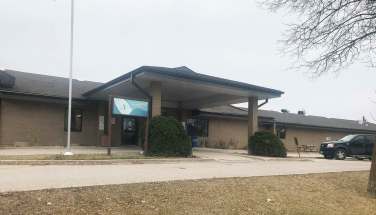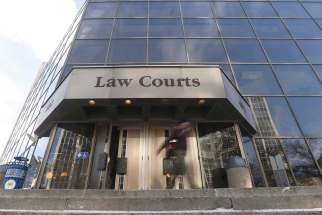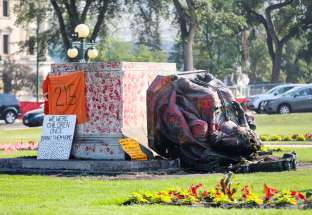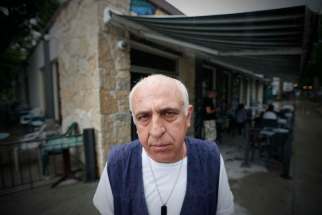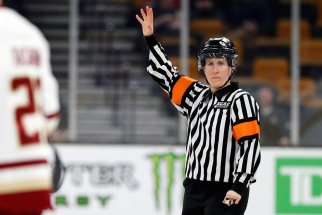Case closed, science wins
Read this article for free:
or
Already have an account? Log in here »
To continue reading, please subscribe:
Monthly Digital Subscription
$0 for the first 4 weeks*
- Enjoy unlimited reading on winnipegfreepress.com
- Read the E-Edition, our digital replica newspaper
- Access News Break, our award-winning app
- Play interactive puzzles
*No charge for 4 weeks then price increases to the regular rate of $19.00 plus GST every four weeks. Offer available to new and qualified returning subscribers only. Cancel any time.
Monthly Digital Subscription
$4.75/week*
- Enjoy unlimited reading on winnipegfreepress.com
- Read the E-Edition, our digital replica newspaper
- Access News Break, our award-winning app
- Play interactive puzzles
*Billed as $19 plus GST every four weeks. Cancel any time.
To continue reading, please subscribe:
Add Free Press access to your Brandon Sun subscription for only an additional
$1 for the first 4 weeks*
*Your next subscription payment will increase by $1.00 and you will be charged $16.99 plus GST for four weeks. After four weeks, your payment will increase to $23.99 plus GST every four weeks.
Read unlimited articles for free today:
or
Already have an account? Log in here »
Hey there, time traveller!
This article was published 21/10/2021 (1510 days ago), so information in it may no longer be current.
The legal challenge against the Manitoba government’s COVID-19 pandemic response by seven churches came down to one thing: science. The province’s science held up in court, the churches’ didn’t.
Court of Queen’s Bench Justice Glenn Joyal released two rulings on the constitutional challenge Thursday. He had to decide whether the extraordinary measures taken by the province to curb the spread of COVID-19 during the second wave of the pandemic were a reasonable limit under Canada’s Charter of Rights and Freedoms.
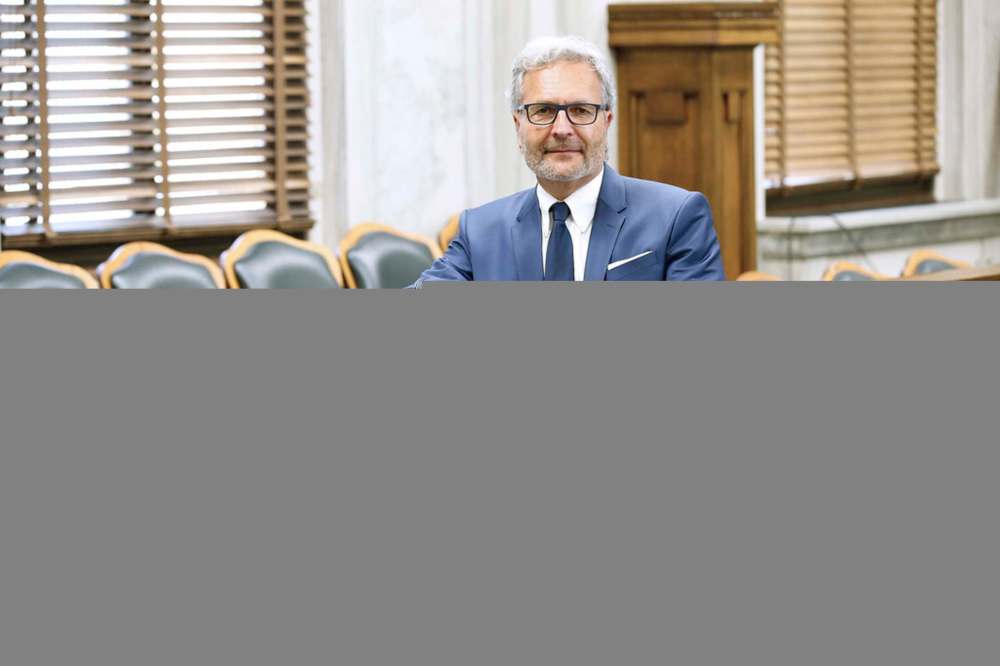
Before that, he had to assess whether the science the churches submitted could withstand the scrutiny of the court. It didn’t, mostly because it’s junk — similar to what often circulates on social media — to “prove” government did more harm than good through punishing “lockdowns.”
The churches relied primarily on the testimony of Dr. Jay Bhattacharya, a U.S.-based expert in health economics with no real experience in epidemiology.
Judge dismisses Manitoba churches' challenge over COVID-19 restrictions
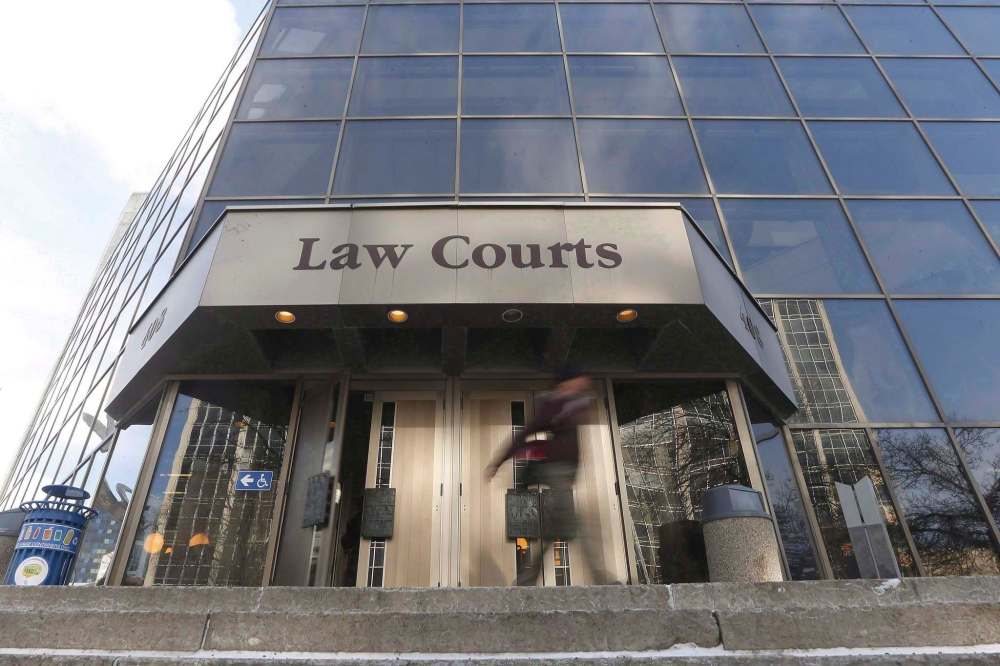
Posted:
COVID-19 public-health orders that restricted gatherings and limited the number of people permitted to attend in-person church services are not unconstitutional or undemocratic, a Manitoba court has ruled.
Bhattacharya was a co-author of the largely discredited “Great Barrington Declaration,” a doctrine that argued government could have shielded the elderly and vulnerable from COVID-19, instead of taking broad measures such as closing retail stores and banning household visits.
One of the many flaws in the declaration is there is no practical way of separating the “vulnerable” from the “non-vulnerable” in society in a pandemic, given the complexities of how viruses impact people based on age, race, where they live, and what their medical conditions are.
“There was in the end, little in the evidence of Dr. Bhattacharya (or the cumulative evidence of all of the applicants’ witnesses) that would cause me to seriously doubt the science upon which Manitoba is relying,” Joyal wrote in his 156-page ruling.
Church leaders argued COVID-19 is not a significant threat to most Manitobans and it’s no worse than the flu for people under the age of 70.
Joyal noted the evidence shows at least one-third of COVID-19 cases resulting in hospitalization or death occurred among people under the age of 60.
The applicants argued the novel coronavirus cannot spread through asymptomatic infection, a claim disputed by infectious disease experts around the world. They also argued less intrusive means could have been used to contain the virus but provided no credible alternative.
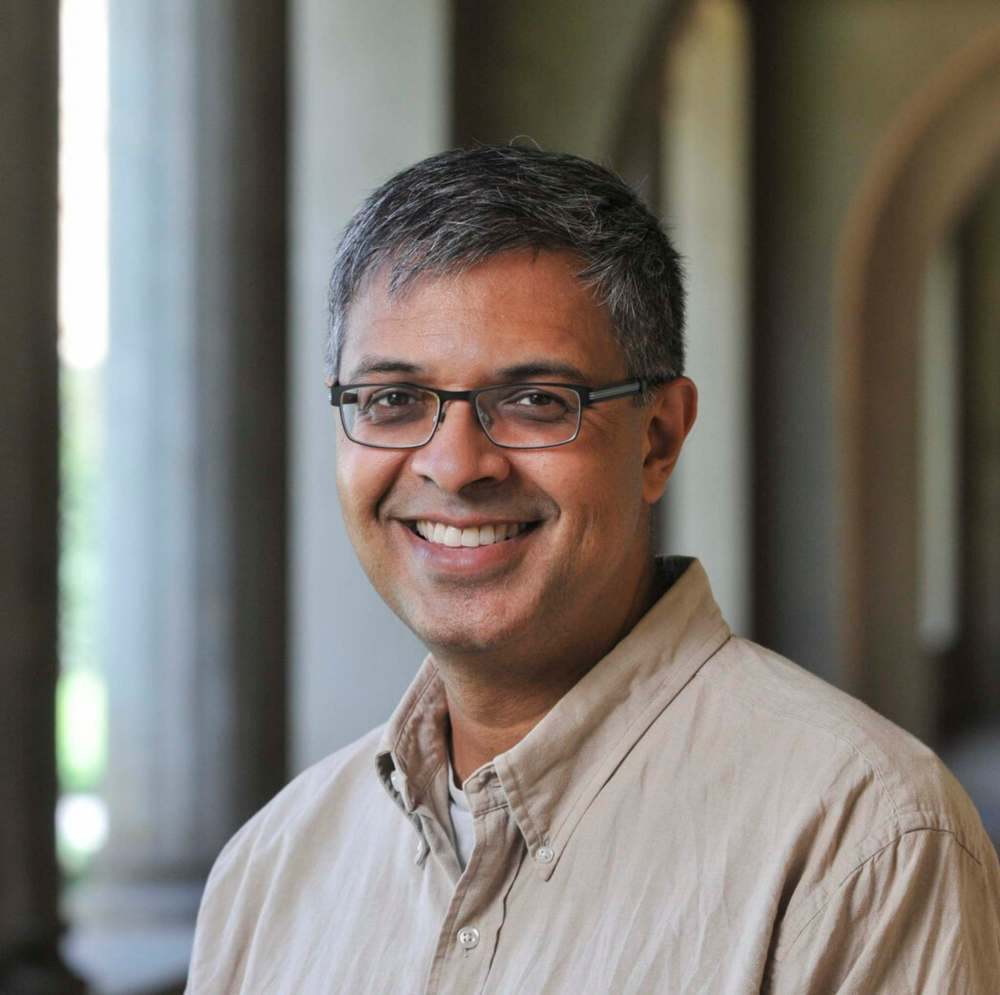
By contrast, the science relied upon by the province was “sound” and “credible,” Joyal found. Scientific methods to assess severe illness, mortality risks, community infection, and transmission were based on widely accepted research from around the world, the Manitoba judge wrote.
Part of the reason the churches failed to convince the court their religious rights were being violated is because the public health orders didn’t target religion: they targeted the physical interaction of people and the risks associated with prolonged, indoor contact.
Whether that interaction occurred in a church or a movie theatre was immaterial. What mattered is whether the province took reasonable and science-based steps to mitigate the spread of a virus to reduce severe illness and hospitalizations.
From a legal perspective, Joyal had to determine whether those steps were proportionate and whether the benefits outweighed the harm. He had to assess whether there was “minimal impairment” to people’s rights, while relying on Supreme Court of Canada case law for guidance.
Among other things, the top court says government is owed deference in emergency situations such as a pandemic when it comes to striking the right balance between public health orders and charter rights.
That doesn’t mean people’s constitutional rights are suspended; it simply means government must attempt to use the least intrusive means to achieve its public health objectives, with some wiggle room. According to Joyal, the province of Manitoba did that.
Public health officials had to act quickly in the face of rapidly escalating infections during the second wave. They didn’t have the luxury of trial-and-error decision making, wrote Joyal.
In the end, they used reasonable limits under the law that are justified in a free and democratic society. Case closed.
tom.brodbeck@freepress.mb.ca

Tom has been covering Manitoba politics since the early 1990s and joined the Winnipeg Free Press news team in 2019.
Our newsroom depends on a growing audience of readers to power our journalism. If you are not a paid reader, please consider becoming a subscriber.
Our newsroom depends on its audience of readers to power our journalism. Thank you for your support.

